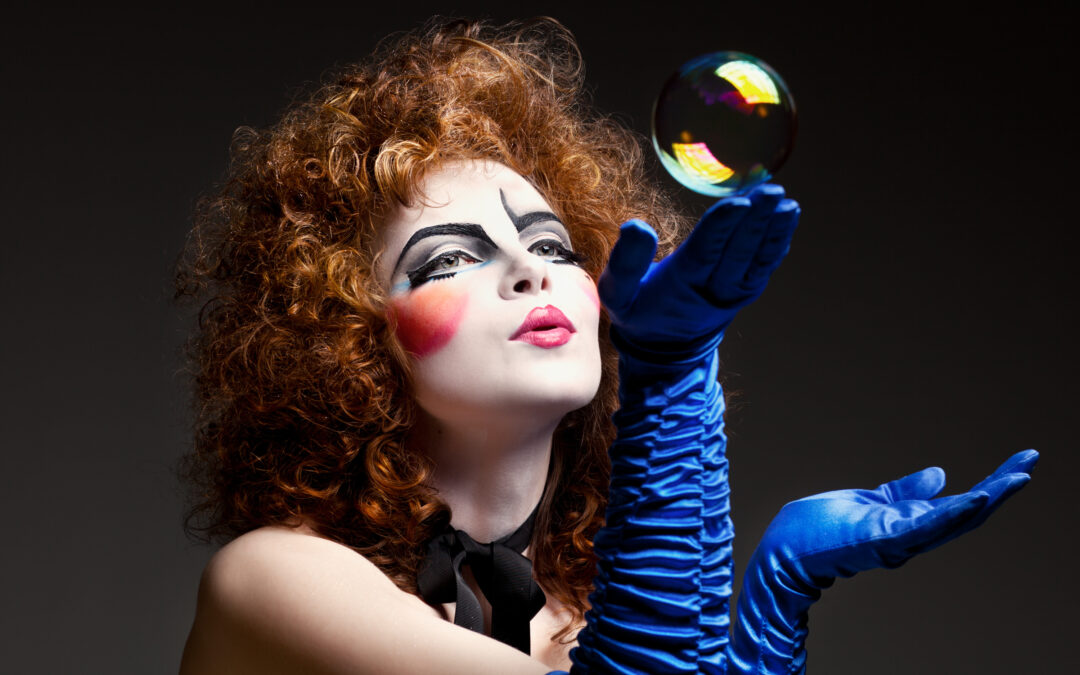Makeup artists are responsible for enhancing the appearance of actors and actresses both on stage and on screen. While the objective is the same, there are some significant differences in the techniques used and the overall process when working on stage versus on screen.
Working as a makeup artist on stage requires a different set of skills compared to working on screen. Stage makeup must be bold and dramatic so that the actor’s features can be seen from a distance. The makeup must be designed to highlight the actor’s features and expressions so that they can be easily recognized by the audience. In addition, stage makeup must be long-lasting and able to withstand the heat and sweat of the performance.
In contrast, when working on screen, makeup must be subtle and natural-looking. The camera is incredibly detailed and can pick up even the slightest blemish or imperfection. The makeup must be designed to enhance the actor’s features without appearing too heavy or unnatural. The makeup artist must also be skilled in contouring and highlighting to ensure that the actor’s features are highlighted in the best possible way.
Another significant difference between working as a makeup artist on stage versus on screen is the time frame in which the makeup must be applied. On stage, makeup must be applied quickly and efficiently as the actor has a limited amount of time before they must be on stage. In contrast, on screen, makeup application can take much longer as the camera captures every detail, and the actor is not under the same time constraints.
The tools used by makeup artists also differ when working on stage versus on screen. On stage, makeup must be applied with bold, large brushes, and sponges to ensure that the makeup is evenly distributed and visible from a distance. In contrast, on screen, the makeup artist must use small, precise brushes to ensure that the makeup is applied accurately and does not appear too heavy or thick.
In conclusion, while the objective of the makeup artist is the same whether working on stage or on screen, the techniques, tools, and process used to achieve this objective are quite different. Working as a makeup artist on stage requires bold and dramatic makeup that can withstand the heat and sweat of the performance, while working on screen requires subtle and natural-looking makeup that is captured in great detail by the camera. Regardless of the medium, the makeup artist plays an essential role in enhancing the appearance of actors and actresses, helping them to bring their characters to life.


